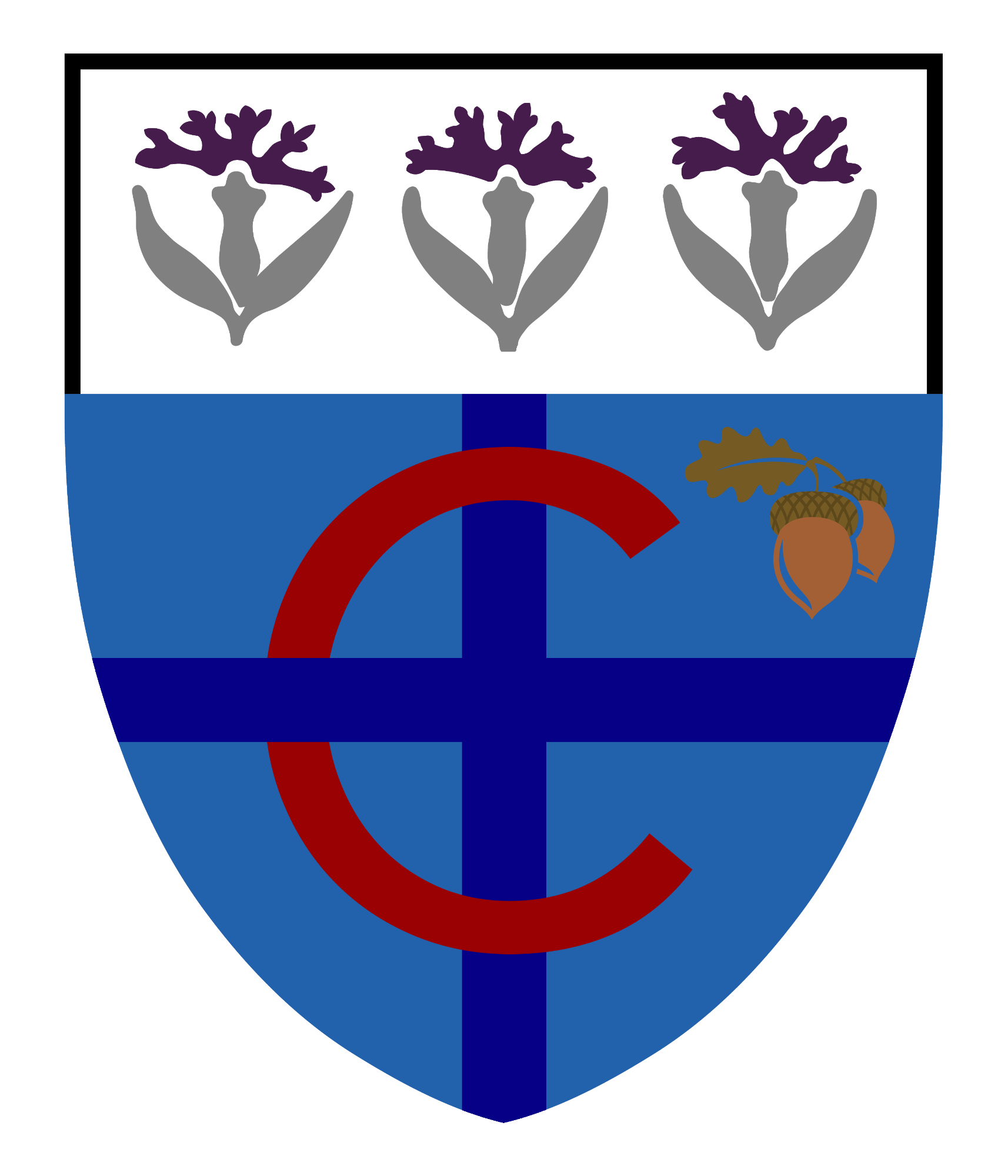Reading For Pleasure
Our School Vision:
“The rain came down, the streams rose, and the winds blew and beat against that house; yet it did not fall, because it had its foundation on the rock.” (Matthew 7:25)
Bishop Chavasse Church of England School Policies are all underpinned by our school parable ‘The Wise and the Foolish Builder.’
Jesus is at the heart of Christianity. As a church school we believe that, like the wise man, those who are guided by the word of God in the Bible and trust in him will become wise, compassionate and honest; be empowered to weather all storms, help one another flourish and make a difference in the world.
Bishop Chavasse School knows and values every wonderfully and uniquely created child and adult. Supported by faith, we establish firm foundations for our children to become resilient, curious, confident, community minded courageous advocates who flourish and thrive. We build on and support the development of the whole person in a safe, happy Christian environment. We inspire everyone to fulfil their potential through our high expectations and a broad, creative and inspirational curriculum; rich in opportunity to develop culture capital, have fun and partake in adventures. Everyone will develop an everlasting love of learning. Our dedicated, passionate staff, supported by parents, Governors and the Tenax Schools Trust are committed to nurturing our community to achieve excellence together in an environment where everyone is wise, trustworthy and compassionate. Pupils will make everlasting friendships and exciting life-long memories.
Reading for Pleasure at Bishop Chavasse
At Bishop Chavasse, we believe that every child deserves a rich curriculum, which encourages extensive reading of different genres and authors. We actively encourage reading for pleasure, for every single child, to ensure that children are exposed to a wide range of high-quality texts. Research shows a positive link between reading frequency, and enjoyment, and educational attainment, and so we strive to promote the concepts of reading for fun, enjoyment and pleasure.
Our curriculum includes a range of books and the children also have access to both fiction and non-fiction texts from our school library and classroom reading areas. We also have a number of other initiatives that take place across the school to encourage reading for pleasure:
- Dedicated library slots for each class, every week.
- Lunchtime library club.
- Reading books are available in the outdoor activity boxes for playtime.
- Dedicated time for our Year 6 children to read to our Year 1 children.
- Allocated story time (read by an adult) in every classroom, every day.
- Book Week – a whole week of meeting authors, immersing in a book and completing a plethora of reading activities.
Things you can do at home to promote reading for pleasure:
To support your child in their development, we recommend that you spend at least 10 minutes every day reading with your child. This can be a combination of you listening to them read their school book, them listening to you read a story book or even taking it in turns. The sharing of reading is a valuable experience for you and child as it gives you the opportunity to discuss new vocabulary as well as characters, themes and even facts that a range of books can offer.
Here are some other things you can try:
- Join your local library.
- Match reading with your child’s interests.
- All reading is good and should be celebrated.
- Get comfortable while reading.
- Ask lots of questions.
- Read again and again (re-reading the same book helps to develop your child’s fluency and confidence).
- Bedtime stories.
Useful links:
- Find out how children learn to read with phonics.
- Getting ready for reading (Ages 3-4) https://www.oxfordowl.co.uk/for-home/reading/getting-ready-for-reading-ages-3-4/
- Starting to read (Ages 4-5) https://www.oxfordowl.co.uk/for-home/reading/starting-to-read-ages-4-5/
- Building on reading skills (Ages 5-6) https://www.oxfordowl.co.uk/for-home/reading/building-on-reading-skills-ages-5-6/
- Developing confidence as a reader (Ages 6-7) https://www.oxfordowl.co.uk/for-home/reading/developing-confidence-as-a-reader-ages-6-7/
- Building independence (Ages 7-9) https://www.oxfordowl.co.uk/for-home/reading/building-independence-as-a-reader-ages-7-9/
- Encouraging reading (Ages 9-11) https://www.oxfordowl.co.uk/for-home/reading/building-independence-as-a-reader-ages-7-9/
What to read
If you or your child is finding it difficult to know what to read, here are a few websites that might be useful:
- https://schoolreadinglist.co.uk/
- https://shop.scholastic.co.uk/reading-spine
- https://www.lovereading4kids.co.uk/
- https://www.booktrust.org.uk/books-and-reading/our-recommendations/100-best-books/
- https://www.booktrust.org.uk/books-and-reading/our-recommendations/best-new-books/
- https://www.commonsensemedia.org/lists/50-books-all-kids-should-read-before-theyre-12
